Jason A. Heppler
ATS for History
Jason is completing his doctorate through the University of Nebraska-Lincoln in History, where he pursues teaching and research interests in the North American West, urban and environmental history, and digital history. He took a B.A. from South Dakota State University and an M.A. from the University of Nebraska-Lincoln. During the five years he spent at Nebraska he developed or collaborated on several digital history projects, both faculty-led and for his own research. Prior to joining Stanford, he served as the project manager for the William F. Cody Digital Archive at the Center for Digital Research in the Humanities at UNL for two years. Since joining Stanford in January 2013, he has had the opportunity to initiate several digital history research projects led by faculty and graduate students in the Department of History and has contributed to projects and discussions at the Center for Spatial and Textual Analysis (CESTA) regarding research, teaching, peer review, and publishing. He writes code in Python, Ruby, PHP, JavaScript, and HTML/CSS, and has extensive or growing knowledge with TEI, Gephi, D3.js, Apache, and databases.
He is the lead developer for Digital History at Stanford, a place to showcase digital history projects in the History Department, member of the DH Reading Group and the D3 User Group, and an active participant in Digital Humanities at Stanford (http://digitalhumanities.stanford.edu).
Research Collaborations:
Digital History at Stanford (http://digitalhistory.stanford.edu). Originally tasked with collecting information on digital resources on campus, the project has grown to become a platform for research and teaching. Technical lead in the development and management of Digital History at Stanford to showcase digital history projects in the History Department and to disseminate information about events, workshops, resources, and tools.
Chinese Philosophical Texts (http://chinesetexts.stanford.edu). An online textbook for self-study of Chinese classical texts and paragraph-level annotations provided by the faculty to add greater scholarly detail to the texts. Faculty: Mark Lewis.
Geography of the Post (http://digitalhistory.stanford.edu/projects/cblevins/). Spatial history visualization and JavaScript programming to visualize the spread of post offices in the nineteenth century American West, as a way to understand the ways that post offices reshaped conceptions of space and place. Graduate researcher: Cameron Blevins.
African Archives. Building a digital archive of Senegalese colonial administrative records from 1850 to 1959. Thousands of dossiers are being digitized from the Senegalese National Archives, and the project is in the stage of creating an interface for researchers to browse and query the archival objects. In collaboration with the Digital Initiatives Group, SUL. Faculty: Richard Roberts.
Chinese Railroad Workers Project (http://chineserailroadworkers.stanford.edu). Digital archive of Chinese laborers who worked on American railroads in the nineteenth century. The project seeks to collect and digitize archival material, and will be resulting in a custom interface to browse and query the archival objects. A new partnership with CESTA will also facilitate exploring ways to visualize the material for research purposes. Faculty: Gordon Chang and Shelley Fisher Fishkin.
Dissertation Reviews (http://dissertationreviews.org). Consulting on a new platform for managing editors, reviewers, and drafts for Dissertation Reviews. The project exists to showcase and review dissertations, which are reviewed by leaders in respective fields. Tom Mullaney ran up against a problem of managing a large team of editors and reviewers, numbering as many as 500 people and 1,000 reviews in a single year. Offered suggestions for new platforms to explore, and am currently researching potential funding sources to build a custom platform. Faculty: Tom Mullaney.
Teaching Collaborations:
Technology in the Classroom. Led a graduate student discussion on the use of technology in the teaching of history, and exploring ways for innovative approaches to studying the past for the “Workshop in Teaching History” course taught by Nancy Kollman, and have given talks to various classes about digital history. Faculty: Nancy Kollman, Edith Sheffer, Gordon Chang.
Workshops on Digital History (http://digitalhistory.stanford.edu/teaching/). Facilitating faculty and graduate workshops on digital history methodologies in the History Department, including Zotero, data visualization, information and data management, and spatial history.

